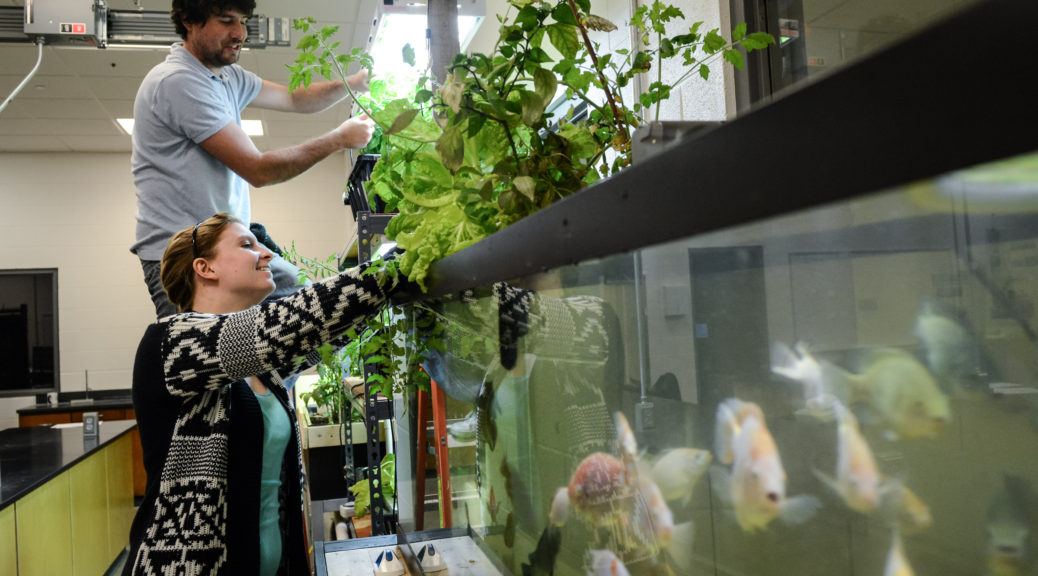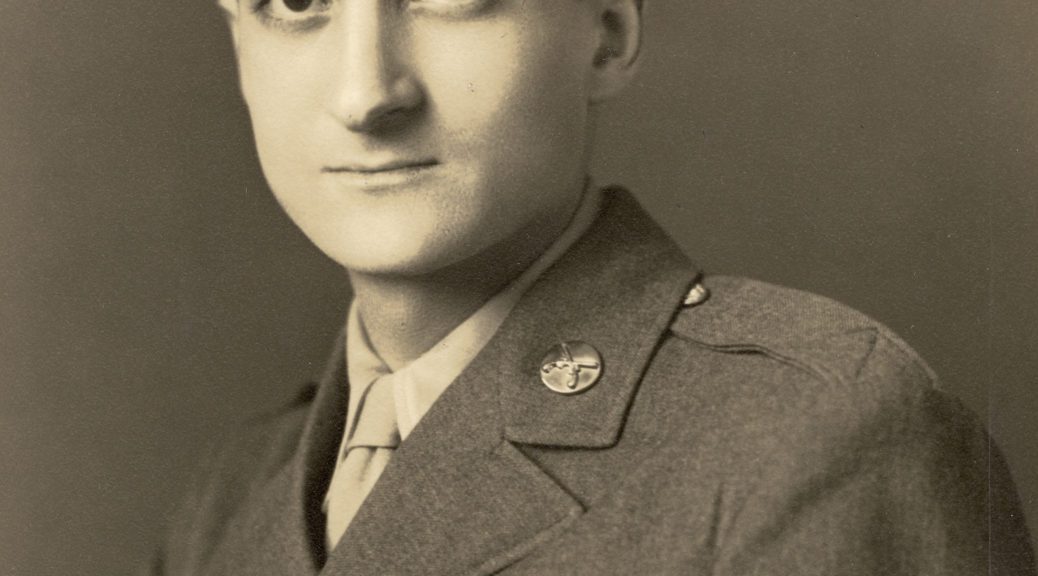There I was pecking away on my keyboard. Part Two of “Hey, Speak English,” was coming along nicely when last week, “the racial week that was,” kicked the legs out from beneath my comfort zone. In a dreadful span of 72 hours, seven lives were senselessly snuffed out in Baton Rouge, Minneapolis and Dallas. Of course, many more lives ended that week, but thanks to the combustible mix of race, firearms and mobile devices, these are the ones that owned the headlines.
I insert here my worry, folks!
Although a bit of a stretch, a force fit, some may view the killing of those five white police officers in Dallas as payback in the same way that some jurors in the O. J. Simpson criminal trial delivered a not guilty verdict as payback for the beating of Rodney King and the atrocities heaped upon African Americans over the years. They may not have said it publicly, but the bet here is that the thought probably raced through some minds and showed up in private conversations. “The chickens have come home to roost,” as the saying goes and as some likely thought.
Although I can understand the sentiments, the simmering frustrations resulting from black lives constantly being snuffed out, payback utterings make me uncomfortable, very uncomfortable.
Turning now to why we need to careful.
You see, the problem with “paybacks” is paybacks begat a paybacks in turn. So before we realize it, the circular cycle spirals totally out of control. (Think about the revenge killings by gangs). And along the way widows and orphans are made, careers, relationships and reputations – and sometimes, bodies – are left in the wake. And at the end of the day, who really wins? None of us.
So what do we do? Or maybe the better question is what do we not do?
Well, if the thought of payback crosses the mind, Dr. King’s advice should put that idea firmly to rest:
The ultimate weakness of violence is that it is a descending spiral,
-begetting the very thing it seeks to destroy.
Instead of diminishing evil, it multiplies it.
Through violence you may murder the liar,
but you cannot murder the lie, nor establish the truth.
Through violence you may murder the hater, but you do not murder hate.
In fact, violence merely increases hate. So it goes.
Returning violence for violence multiplies violence,
adding deeper darkness to a night already devoid of stars.
Darkness cannot drive out darkness: only light can do that.
Hate cannot drive out hate: only love can do that.
~Dr. Martin Luther King, Jr.
So here we are – you, me, all of us – sitting back in the comforts of our living rooms, eyes glued to TV sets, or in our places of worship trying to figure out what all this means, where on Earth are we going and what can we do personally to make a difference. A conundrum that’s indeed a daunting one.
But here’s hoping that any thought of engaging in payback is one option that’s kept off the table.

 As I look back sixteen years, I can’t help but thank God for how much He has done for me. I especially thank God for my parents who decided to keep me, instead of aborting me. To all my family, friends, classmates and church members, thank you for encouraging me when I was down, and spending time with me when I was recovering from my craniofacial surgeries.
As I look back sixteen years, I can’t help but thank God for how much He has done for me. I especially thank God for my parents who decided to keep me, instead of aborting me. To all my family, friends, classmates and church members, thank you for encouraging me when I was down, and spending time with me when I was recovering from my craniofacial surgeries.
